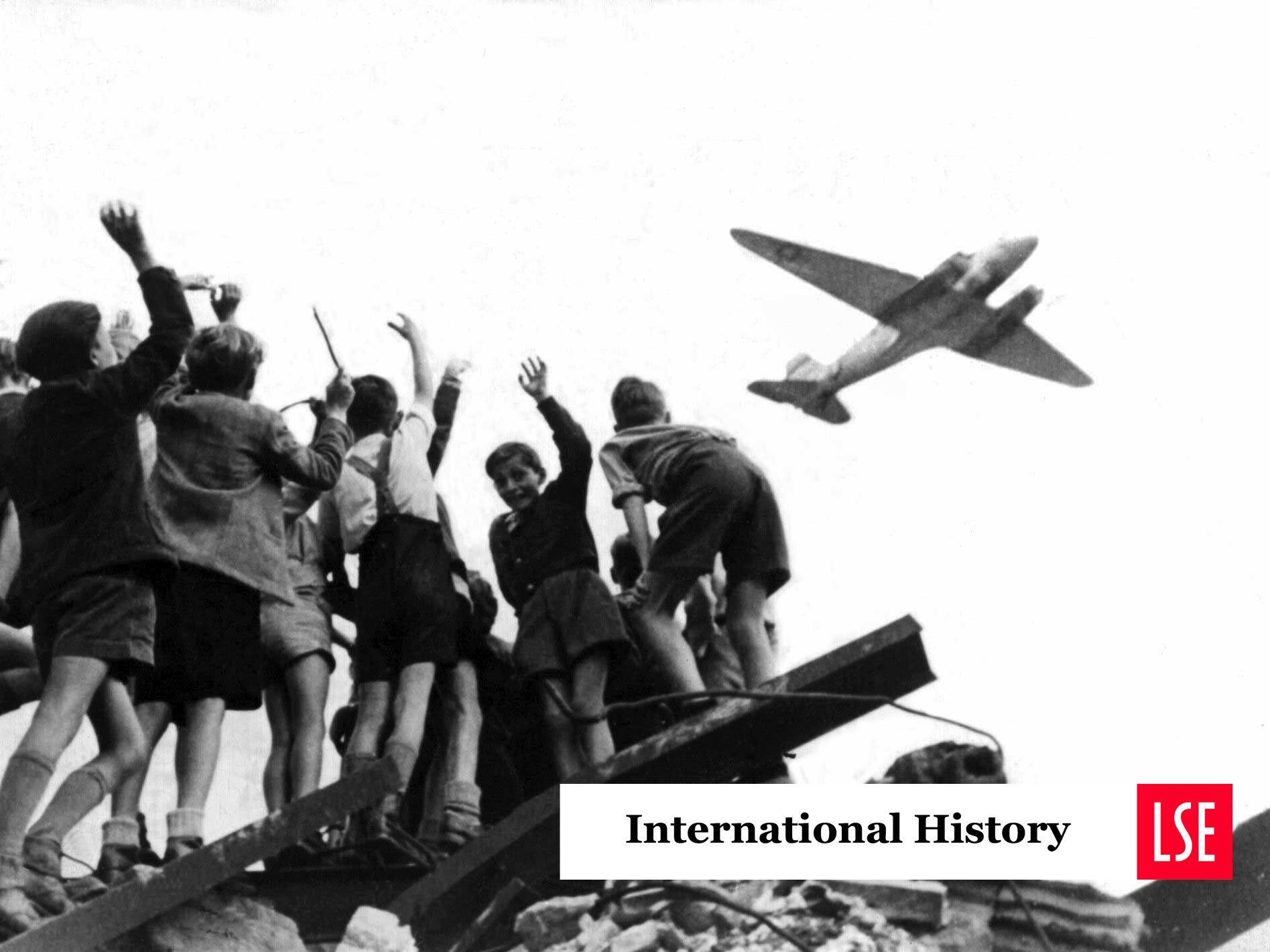
HY235 is concerned with providing a comparative political history of the major East Asian countries, China, Japan and Korea, in the period from the Opium War to the 1990s. It begins by looking at the impact of the arrival of Western imperialism in the mid-nineteenth century and the respective approaches taken by Japan, Korea and China in response to this encroachment. For Japan, it covers the rise of the Meiji state, the beginnings of constitutional government and the development of Japanese imperialism. This naturally is linked with the study of Korea’s failed efforts to maintain its independence; in regard to China it deals with the attempts by the Qing state to introduce reforms and the final collapse of Imperial China. It then deals with the difficulties provoked by modernization and nationalism in the first-half of the twentieth century, taking in the rise and fall of Taisho democracy and the drift towards fascism in Japan and the Guomindang’s revolution and state-building and the birth of the Chinese Communist Party in China. The course then concentrates on the aftermath of the Second World War for East Asia, studying the Chinese Civil War and the emergence of the People’s Republic, the course and legacy of the US occupation of Japan and the formation of the two Koreas. The last part of the course covers the development of the People’s Republic under Mao and Deng, the rise of Japan as an economic superpower and the emergence of South Korea and Taiwan as economic powers.
